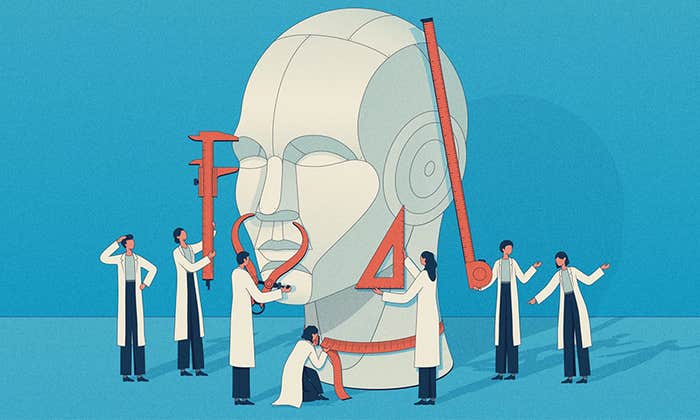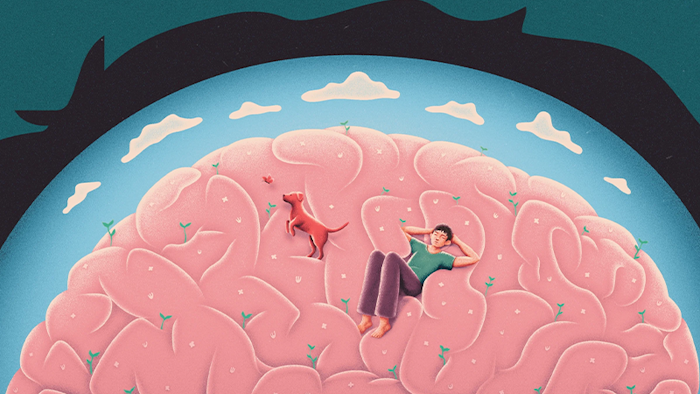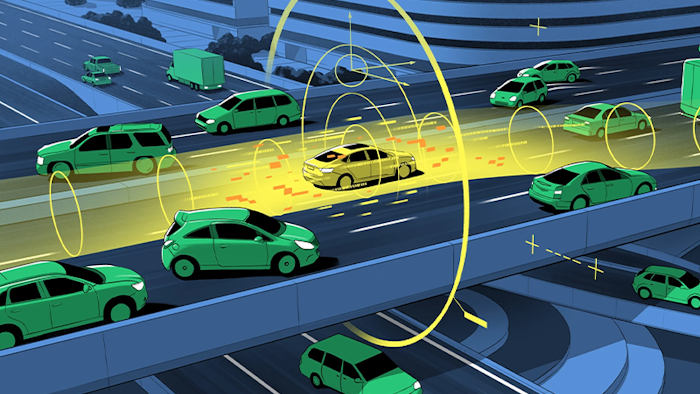-
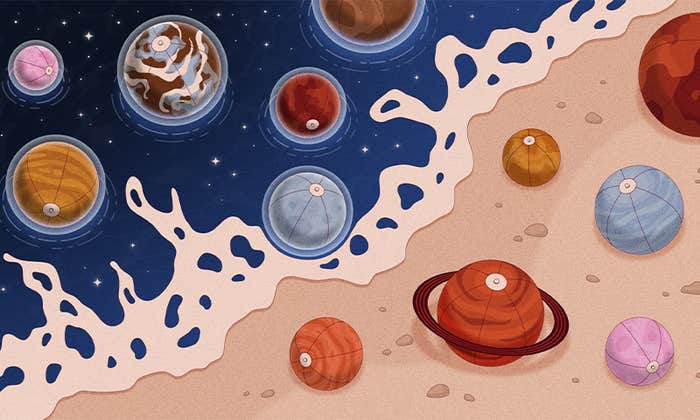
Searching for Alien Life Along the Cosmic Shoreline
How planets gain and lose atmospheres might give us a new map of where to look for life
-
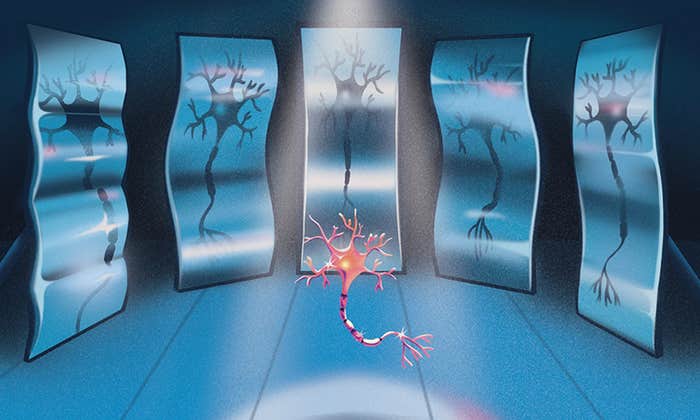
A Closer Look at the Science of Mirror Neurons
The brain cells once alleged to explain empathy, autism, and theory of mind are being refined and redefined.
-
Doubts Grow About the Biosignature Approach to Alien-Hunting
Recent controversies bode ill for the effort to detect life on other planets by analyzing the gases in their atmospheres. -
These Eyes Shine Light on the Path of Evolution
The visual systems of a group of mollusks reveal how future evolution depends on the past. -
How Quickly Do Large Language Models Learn Unexpected Skills?
A new study suggests that so-called emergent abilities actually develop gradually and predictably, depending on how you measure them. -
What Your Brain Is Doing When You’re Not Doing Anything
On autopilot, the mind reveals new connections. -
How to Guarantee the Safety of Autonomous Vehicles
The key to preventing crashes is to know what you don’t know.





















